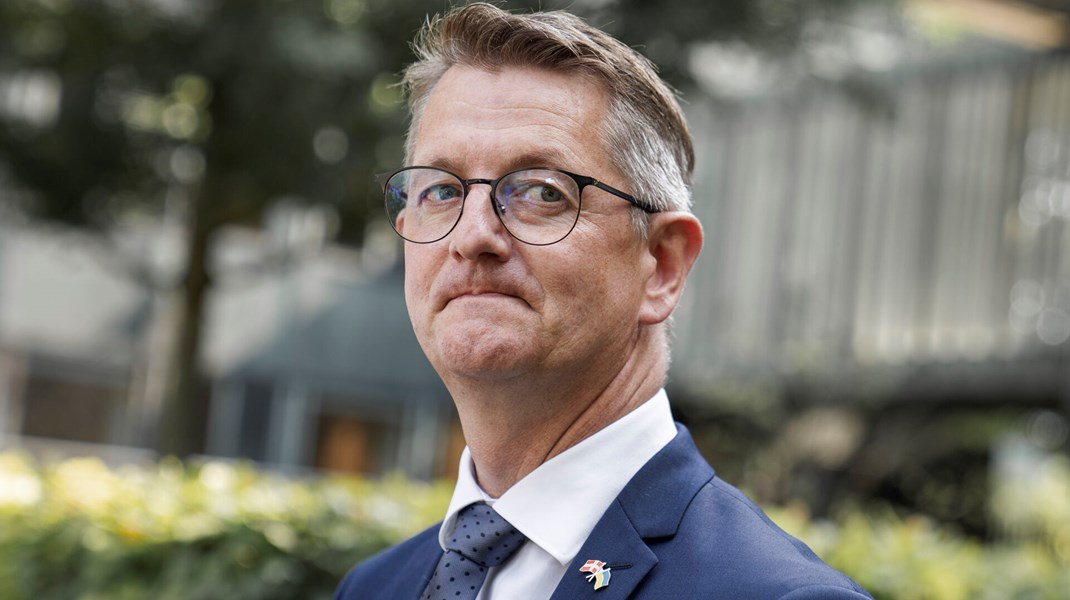Ingen velfærdsteknologi uden integritet og værdighed

DEBAT: Når nye velfærdsteknologier bliver taget i brug, er det altafgørende, at det ikke går ud over brugernes livskvalitet. Det skriver Evert-Jan Hoogerwerf, Get Jan Gelderblom og Andreas Richter fra Association for the Advancement of Assistive Technology in Europe (AAATE).
Af Evert-Jan Hoogerwerf, Gert Jan Gelderblom og Andreas Richter
Henholdsvis formand og bestyrelsesmedlemmer i AAATE
The term welfare technology seems to spring from Denmark and is mainly used in the Nordic countries, although with slightly different connotations.
In Denmark, it seems to be a term gathering all sorts of technology that can help make traditional welfare services more cost-efficient as well as bringing better services to end users and professionals, e.g. in health care, social and elderly care and education. In a wider European perspective many terms are used for this type of technological support of welfare services.
Given the economic situation there is a general and understandable trend in trying to make traditional service provision more efficient. However AAATE considers this trend only sensible when the quality of life of its users is safeguarded. Aspects like independence, possibility of choice, integrity and dignity are key to this.
Social care alarms and monitoring systems
Examples of rapidly evolving welfare technologies are social care alarms and automatic monitoring systems for elderly and persons with dementia.
Research across Europe demonstrates that monitoring systems can reduce costs dramatically and provide a better service for end users. In Sweden such systems have been tested and implemented in home care services in several municipalities.
Following the person’s consent the municipality has installed a video camera in their home. If the person behaves in an unusual way the caregiver is notified by the system and can set up an audio connection with the person. Depending on the arrangement between the individual and the municipality, the care giver can turn on the video camera to make an assessment of the situation and choose whether to call an ambulance, send personnel or call off the alarm.
Better than the alternative
The alternative offered in other municipalities and to persons who don’t want to use the technology is that personnel visit the person at least once every night to check that they are alright.
To a certain extent both ways of providing the service can be considered a threat to integrity. Nevertheless the remote monitoring service provides different levels of control and different options for intervention that can be discussed with the client, making him or her a protagonist in the design of the own care solution. These types of solutions can give great benefit to end users as well as reduce costs for society. However, the solution has to be developed and implemented with great respect for the integrity and choice of the individual.
Persons with disabilities are one group who may have great benefit but also risk losing integrity with new welfare technology. The UN Convention on the Rights of Persons with Disabilities, ratified by the EU, Denmark and almost all of Europe’s countries, states in article 17 that “every person with disabilities has a right to respect for his or her physical and mental integrity on an equal basis with others”.
It is of utmost importance that authorities, civil society and all of society safeguard integrity of their citizens while rationalising services by means of welfare technology.

 Iværksætter: Teknologi koster arbejdspladser
Iværksætter: Teknologi koster arbejdspladser
 Globale udfordringer kræver lokalt kendskab
Globale udfordringer kræver lokalt kendskab
